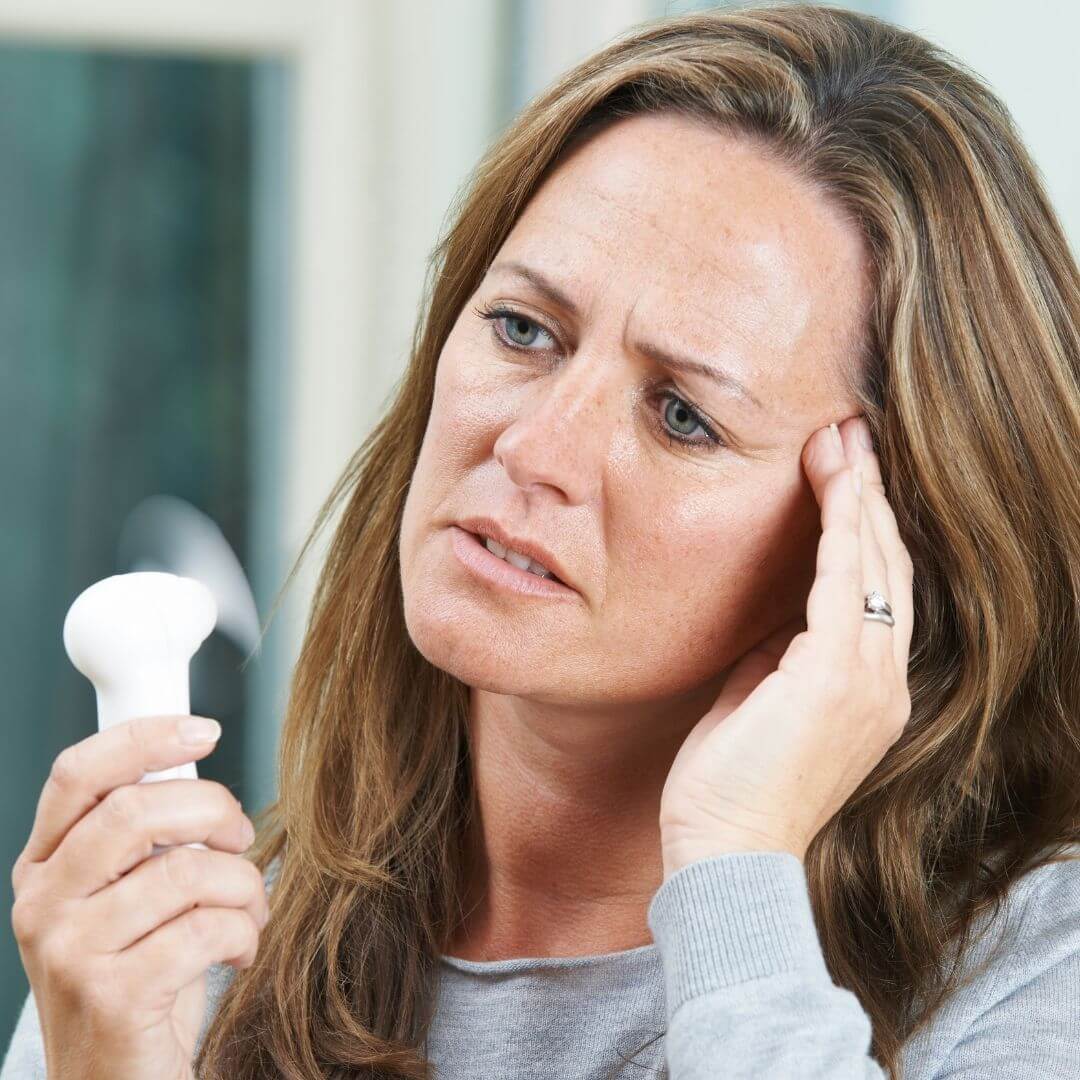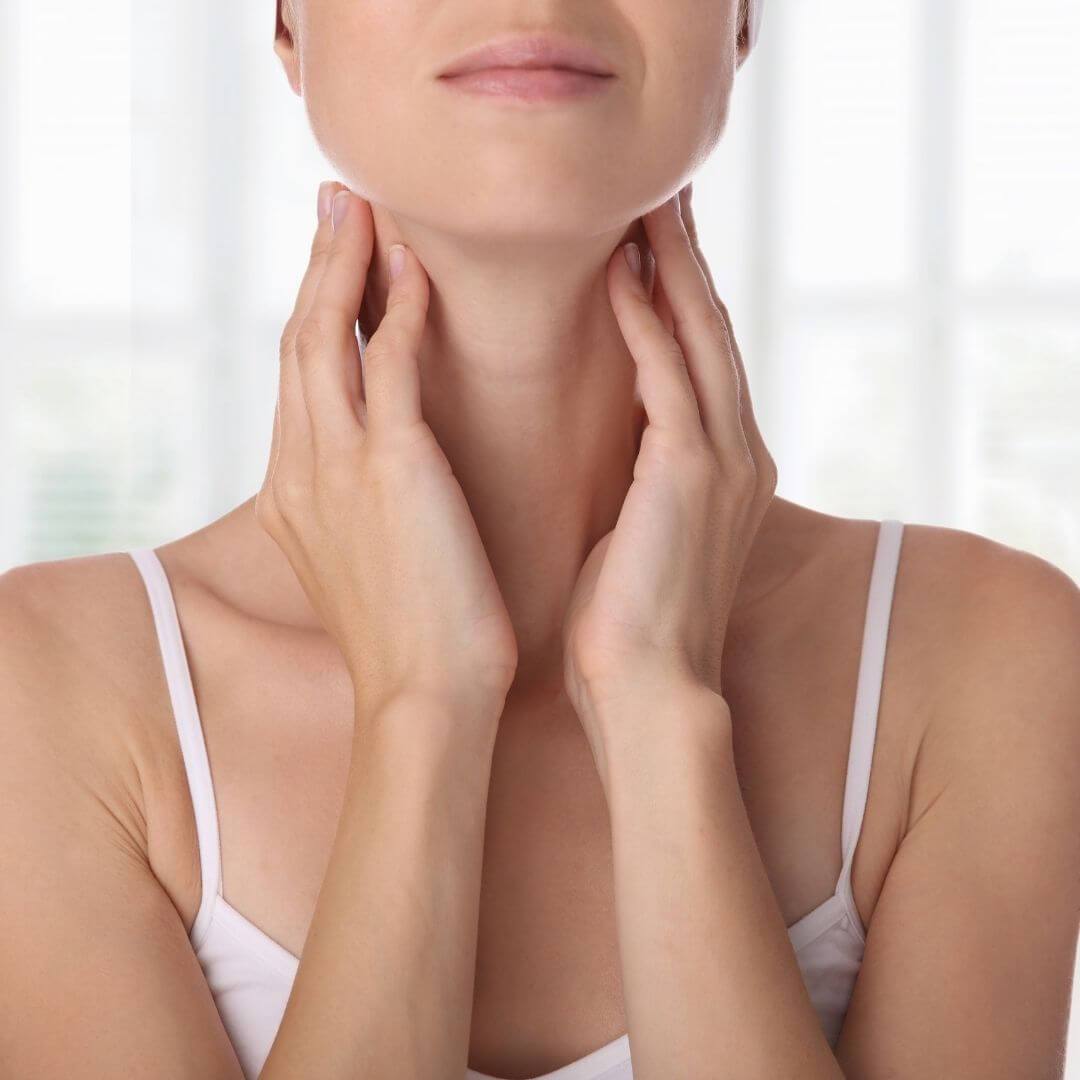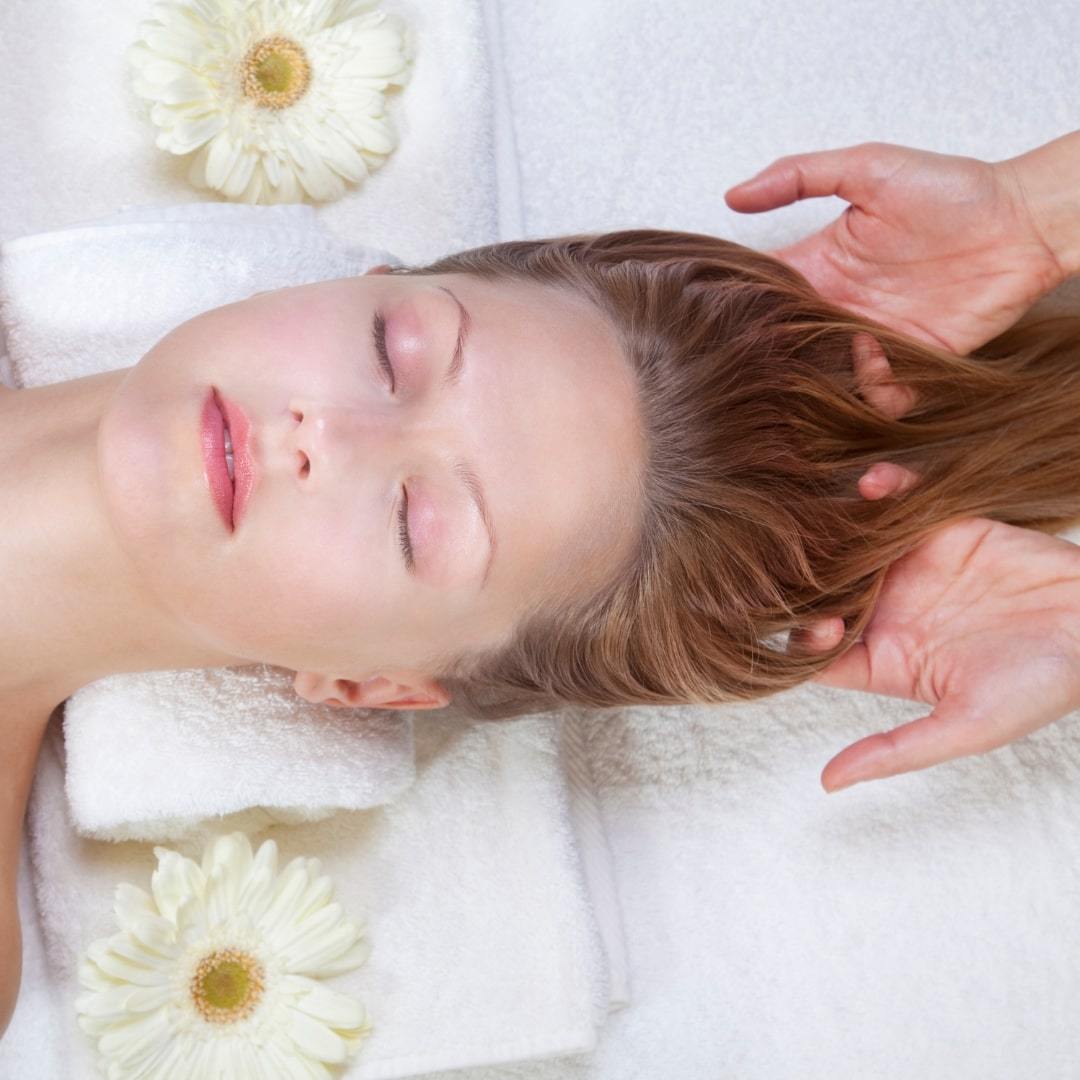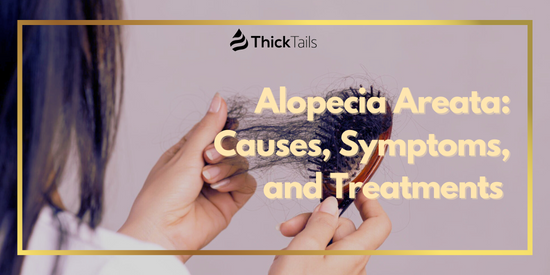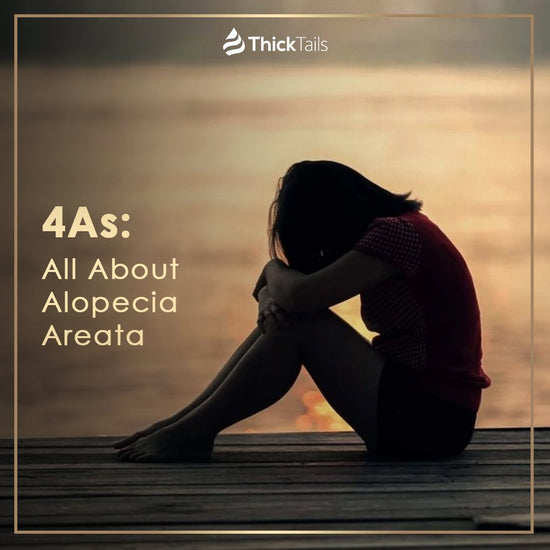Hair loss can be a sensitive and distressing issue for many men. It is often seen as a symbol of youth and vitality, so when it begins to recede or thin, it can elicit a range of emotions, from mild concern to severe distress. Alopecia areata is one of the known causes of hair loss and understanding its impact on men's health and well-being is crucial.
This comprehensive guide aims to unravel the complexities of alopecia areata, provide strategies for identifying and coping with it, and empower men to manage this challenge with resilience and confidence.
Alopecia Areata in Men: An Overview

Alopecia areata is an autoimmune disease that results in hair loss on the scalp and elsewhere throughout the body. It usually starts as one or more small, round, smooth patches and can progress to total scalp hair loss (alopecia totalis) or complete body hair loss (alopecia universalis).
Despite its unpredictable nature, the incidence of alopecia areata in men is significant, affecting individuals regardless of age or health status. This condition not only impacts one's appearance but can also take a toll on mental health, leading to issues such as stress, anxiety, and a decrease in self-esteem. The quest for effective treatment and coping mechanisms remains essential for men battling with this form of hair loss.
Definition and Types of Alopecia Areata
The condition is characterized by the immune system mistakenly attacking the hair follicles, causing hair to fall out and new hair to stop growing. There are several subtypes, including alopecia areata monolocularis (hair loss in one spot), alopecia areata multilocularis (multiple spots), and alopecia totalis/universalis (total body hair loss).
Though often associated with older men, alopecia areata can strike at any age, highlighting its indiscriminate nature. It's crucial for men experiencing hair loss to consult a healthcare provider, as early intervention can sometimes help manage the condition. Understanding alopecia's various forms is the first step toward finding an effective treatment strategy for managing hair loss.
Prevalence and Incidence in Men
While the condition is not exclusive to men, it can be more emotionally challenging in a society that often associates attractiveness and youth with a full head of hair. Approximately 2% of men will experience alopecia areata in their lifetime. The onset can occur at any age, but most cases begin before the age of 30.
Understanding the Causes and Triggers
The exact cause of alopecia areata is unknown, but it is believed to be a combination of genetics and environmental triggers. Immune system malfunctions, stress, and viral infections are among the suspected triggers. Men with a family history of the condition or other autoimmune diseases have a greater risk of developing alopecia areata.
Signs and Symptoms of Alopecia Areata in Men
Early detection of alopecia areata is vital for managing the condition effectively. Men experiencing rapid hair loss should examine their hair care routine, considering if products like shampoo and conditioner are suitable for their scalp health. Additionally, the use of hair serums designed to strengthen and nourish the follicles may offer some benefits in minimizing hair loss.
Recognizing the Early Signs of Hair Loss
The initial signs of alopecia areata are usually seen as small, coin-sized patches of hair loss. They are smooth and typically round or oval in shape. These patches may overlap, and the condition can advance to total hair loss over the scalp.
In addition to these visible patterns, men may also experience a tingling or burning sensation in the affected areas before the hair falls out. This symptom can serve as a precursor to the onset of alopecia, indicating that the immune system is targeting the hair follicles. It's essential for men to be aware of these early warning signs of hair loss and consult a healthcare professional promptly for diagnosis and treatment advice.
Understanding the Progression of Alopecia Areata
Alopecia areata can be unpredictable in its progression. In some men, the hair grows back in a matter of months, whereas, for others, the problem can continue for years before the hair regrows or stops regrowing.
For men dealing with alopecia, understanding this variability is crucial, as it informs treatment options and sets realistic expectations for hair regrowth. Additionally, exploring the psychological impact of prolonged hair loss is essential for comprehensive care, ensuring men receive not only medical treatment but also psychological support to cope with the effects of alopecia.
Identifying Common Symptoms in Men
Symptoms can range from mild to severe and are often accompanied by itching or burning of the affected areas. The psychological impact of hair loss, especially for those who experience it rapidly or at a young age, can be significant and should not be underestimated.
Living with Alopecia Areata: Coping Strategies for Men

Dealing with alopecia areata can be challenging, but there are ways to manage it physically and emotionally.
Building a support network of friends, family, and professionals who understand the struggles associated with alopecia can be incredibly beneficial. Key to this support is choosing the right hair care products, including gentle shampoos and conditioners, as well as nourishing hair serums specifically formulated for treating hair loss in men. This holistic approach to managing alopecia not only addresses the physical symptoms but also bolsters emotional resilience in the face of such challenges.
Emotional and Psychological Effects of Alopecia Areata
The emotional effects of alopecia areata can be distressing, affecting self-esteem, body image, and self-worth. Men should be aware that the condition is not life-threatening and that effective treatments and concealment options are available.
Furthermore, engaging in peer support groups specifically for men with alopecia can provide a shared space for discussing experiences, hair loss management strategies, and emotional coping techniques. This collective approach assists men in navigating the challenges of alopecia with a sense of community and understanding, empowering them to confront their condition with confidence and optimism.
Hair Styling Tips and Tricks for Men with Alopecia Areata
Styling can significantly influence the appearance of hair loss. Choosing the right haircut, using innovative hair products, such as texturizing sprays and volumizing shampoos, and working with a professional stylist can help conceal the condition and boost self-confidence.
For men struggling with alopecia, integrating a specialized shampoo and conditioner designed for thinning hair into their daily routine can make a significant difference. Additionally, incorporating a nourishing hair serum that targets hair loss can provide the essential nutrients needed to support scalp health and hair strength. These products, tailored specifically for men experiencing alopecia, offer a proactive approach to managing hair loss and promoting hair regrowth.
Support Groups and Resources for Men Dealing with Alopecia Areata
Support and education are crucial for managing alopecia areata. There are numerous organizations, websites, and support groups dedicated to providing information and a sense of community for men who are navigating the challenges of hair loss.
In addition to finding solace and understanding through support groups, men with alopecia should also consider professional counseling to deal with any underlying psychological effects stemming from hair loss. Utilizing these resources can significantly aid in coping with the emotional strain of alopecia, allowing men to reclaim their confidence and adapt more easily to changes in their appearance.
Alopecia areata in men is a multifaceted condition that requires a multifaceted approach to management. By recognizing the signs, seeking professional diagnosis and treatment, and utilizing available resources for support and styling, men can confront alopecia areata with grace and assurance. Remember, self-worth is not defined by the presence or absence of hair, and your confidence can shine through no matter what.

